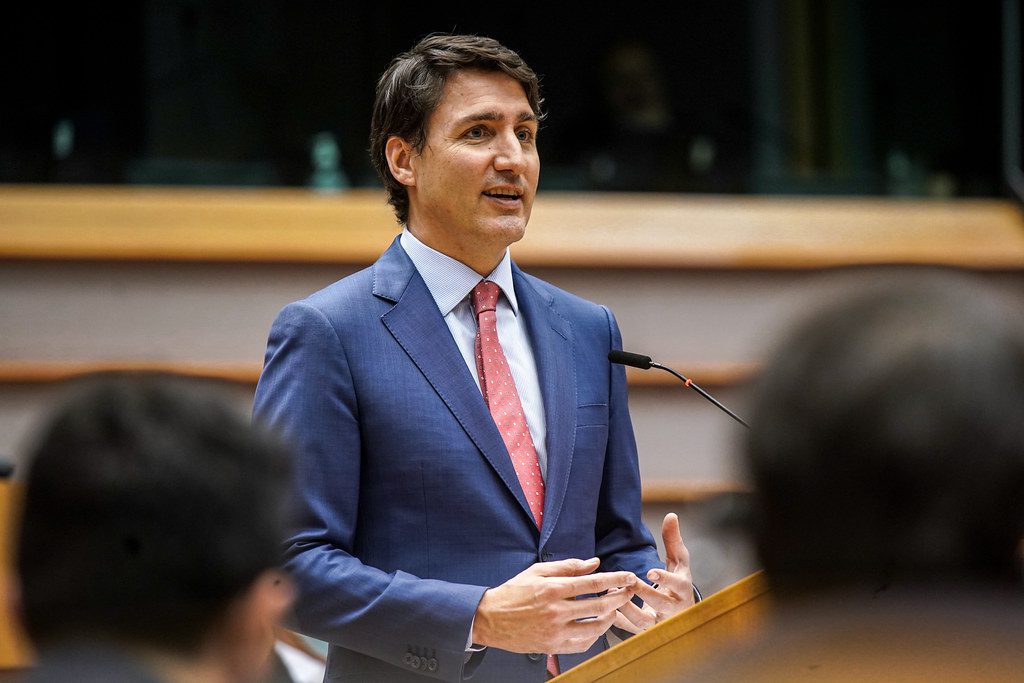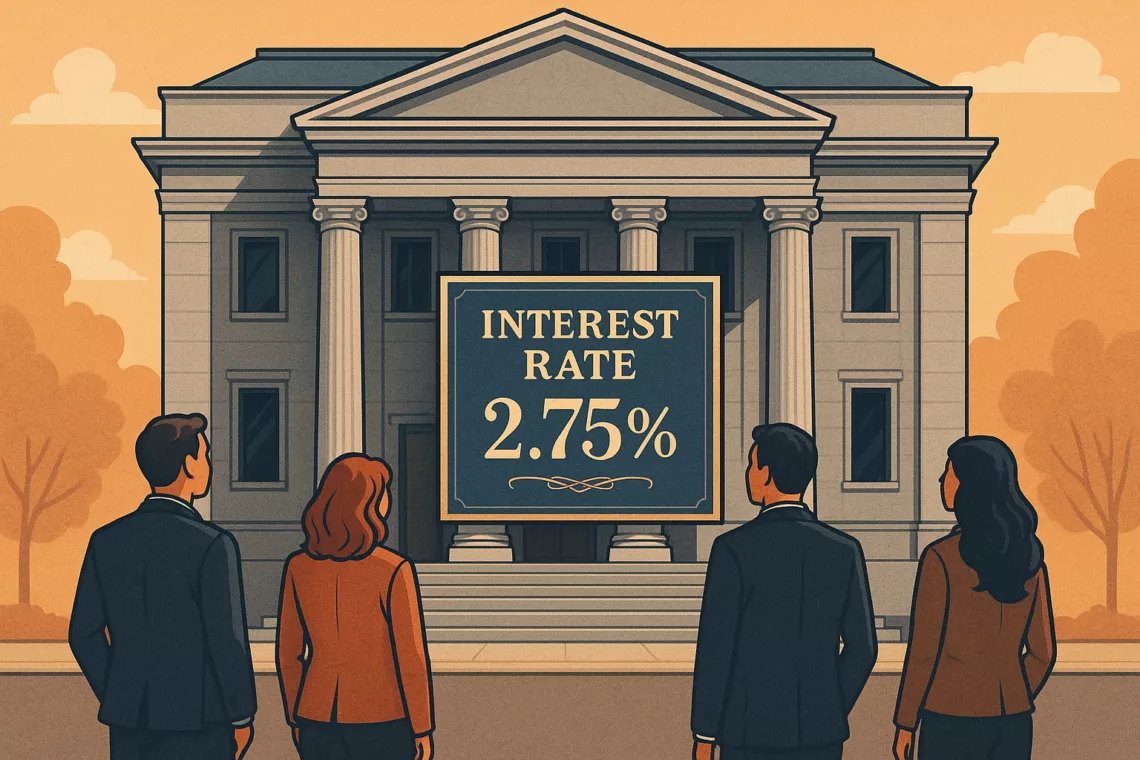
Justin Trudeau has announced his resignation as Prime Minister and Leader of the Liberal Party on January 6, 2025, marks a pivotal moment for Canadian politics. As the Liberal Party begins its search for new leadership, many Canadians are reflecting on Trudeau’s legacy—particularly his track record on housing, a crisis that has only intensified since he first took office in 2015. Here’s a deep dive into what Trudeau’s government accomplished, where it fell short, and what it means for homebuyers, sellers, and investors in the Greater Toronto Area (GTA).
GST on New Rental Construction: A Flip-Flopping Policy
In their 2015 election platform, the Liberals promised to remove the 5% GST on new affordable rental housing developments. Initially abandoned in 2017, this promise resurfaced in 2023 amidst soaring interest rates and dwindling apartment construction. The rebate program, now in effect, has since expanded to include student housing. While this move was welcomed, it came years later than originally pledged, delaying relief for developers and renters alike.
Repurposing Federal Lands for Affordable Housing
The Trudeau government’s efforts to transform underused federal properties into affordable housing began with the Federal Lands Initiative in 2019. More recently, the Canada Public Land Bank launched in 2024, listing 56 federal properties for housing development. Despite its potential, critics point out that the initiative has yielded only 4,000 units so far, far short of addressing Canada’s housing shortage.
The National Housing Strategy: Ambitious Yet Incomplete
Introduced in 2017, the National Housing Strategy (NHS) aimed to tackle housing affordability with $115 billion in funding. Programs like the Affordable Housing Fund and the Rapid Housing Initiative (RHI) have supported projects across Canada, but results have been mixed. For example, while the NHS has facilitated the creation of over 31,500 new housing units, critics argue that this barely scratches the surface of what’s needed.
The NHS also sought innovative solutions like converting office buildings into residential spaces. While funding has been allocated, many of these projects remain in the planning stages, leaving urban centers like Toronto and Vancouver grappling with limited housing options.
Cracking Down on Speculation and Foreign Buyers
To curb skyrocketing home prices, the Liberals introduced the Prohibition on the Purchase of Residential Property by Non-Canadians Act in 2023, banning foreign ownership for two years. Amendments to address unintended consequences followed soon after, sparking debates about the policy’s effectiveness. Similarly, the Residential Property Flipping Rule, implemented in 2023, targets speculators but affects less than 3% of transactions, according to the Bank of Canada.
Support for First-Time Buyers
The creation of the Tax-Free First Home Savings Account (FHSA) is one of the Trudeau government’s most notable achievements for homebuyers. Combining the benefits of RRSPs and TFSAs, this account helps Canadians save up to $40,000 tax-free for a down payment. However, other promises, like the Home Buyers’ Bill of Rights and a national rent-to-own program, have seen little progress, leaving many aspiring homeowners frustrated.
The Housing Accelerator Fund: A Promising Start
Launched in 2023, the Housing Accelerator Fund (HAF) aims to increase housing supply in major cities. Over 100 municipalities have already secured funding to boost development through densification and streamlined approvals. However, critics note that the program does little to address rising development charges, a significant barrier to new construction in cities like Toronto.
What This Means for the GTA Market
For GTA residents, Trudeau’s policies have had mixed outcomes. Programs like the FHSA and the GST rebate for rentals offer tangible benefits for first-time buyers and renters. However, the slow rollout of affordable housing initiatives and the limited impact of anti-speculation measures leave much to be desired in one of Canada’s most competitive markets.
The Road Ahead
With Trudeau’s resignation, Canada’s housing policies face uncertainty. Conservative Leader Pierre Poilievre has pledged to overhaul or eliminate programs like the Housing Accelerator Fund, potentially reshaping the national housing landscape. For GTA homebuyers, sellers, and investors, staying informed and adaptable will be key in navigating the evolving market.
Key Takeaways
- The GST rebate on new rental construction and the FHSA have provided some relief but came later than needed.
- Initiatives to repurpose federal lands and expand housing supply show potential but have yet to deliver significant results.
- Anti-speculation measures and foreign buyer restrictions have had limited impact on GTA housing affordability.
Stay ahead in the real estate market with expert insights and updates. Follow our blog for the latest news, or contact us for personalized assistance with your real estate goals.
Contact Us
Equip yourself with the knowledge to navigate the complexities of the real estate landscape confidently.



